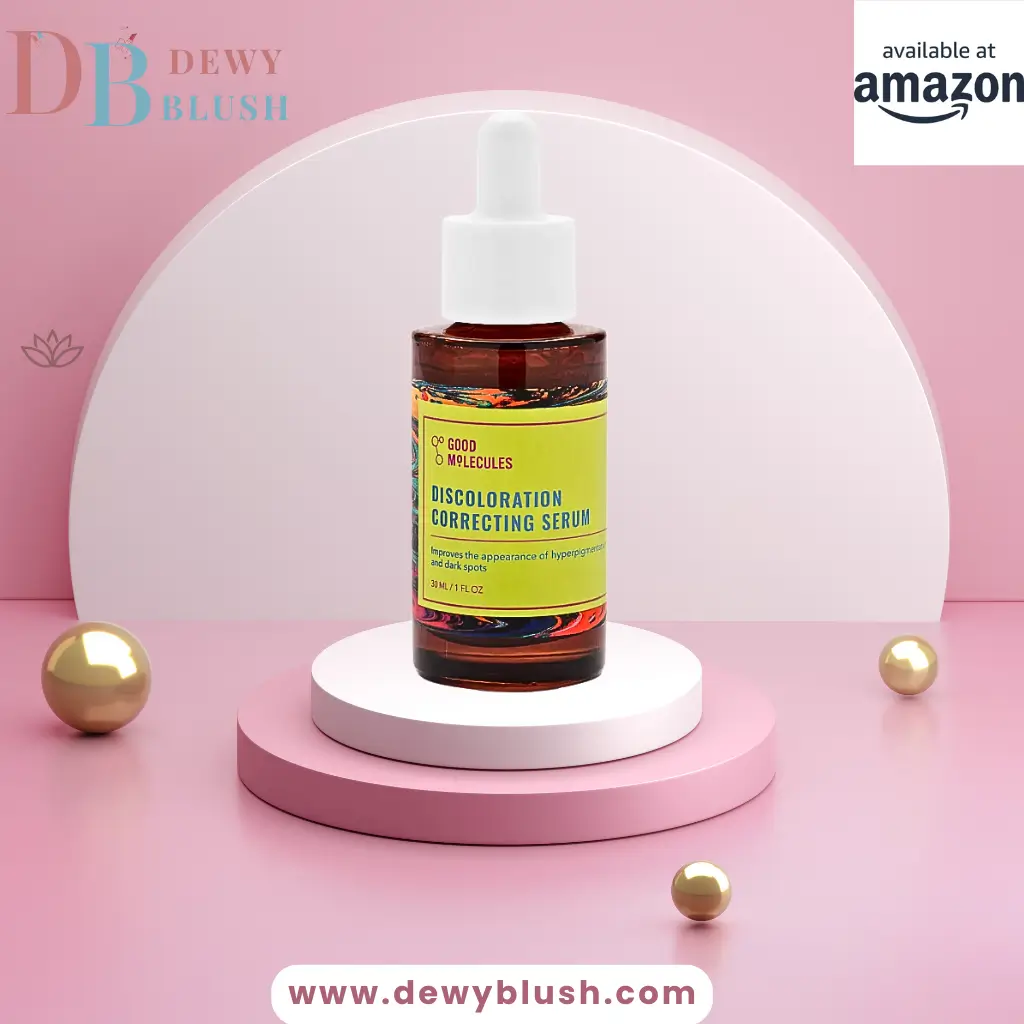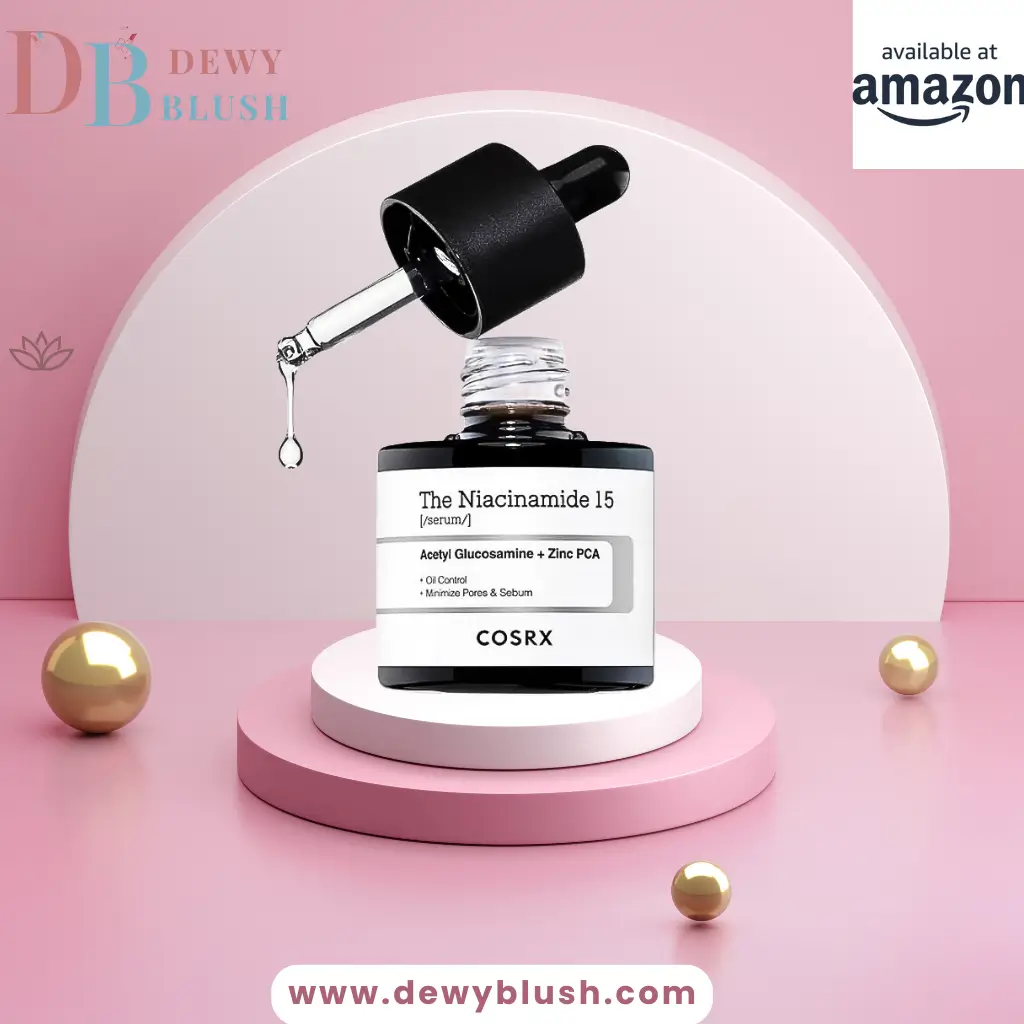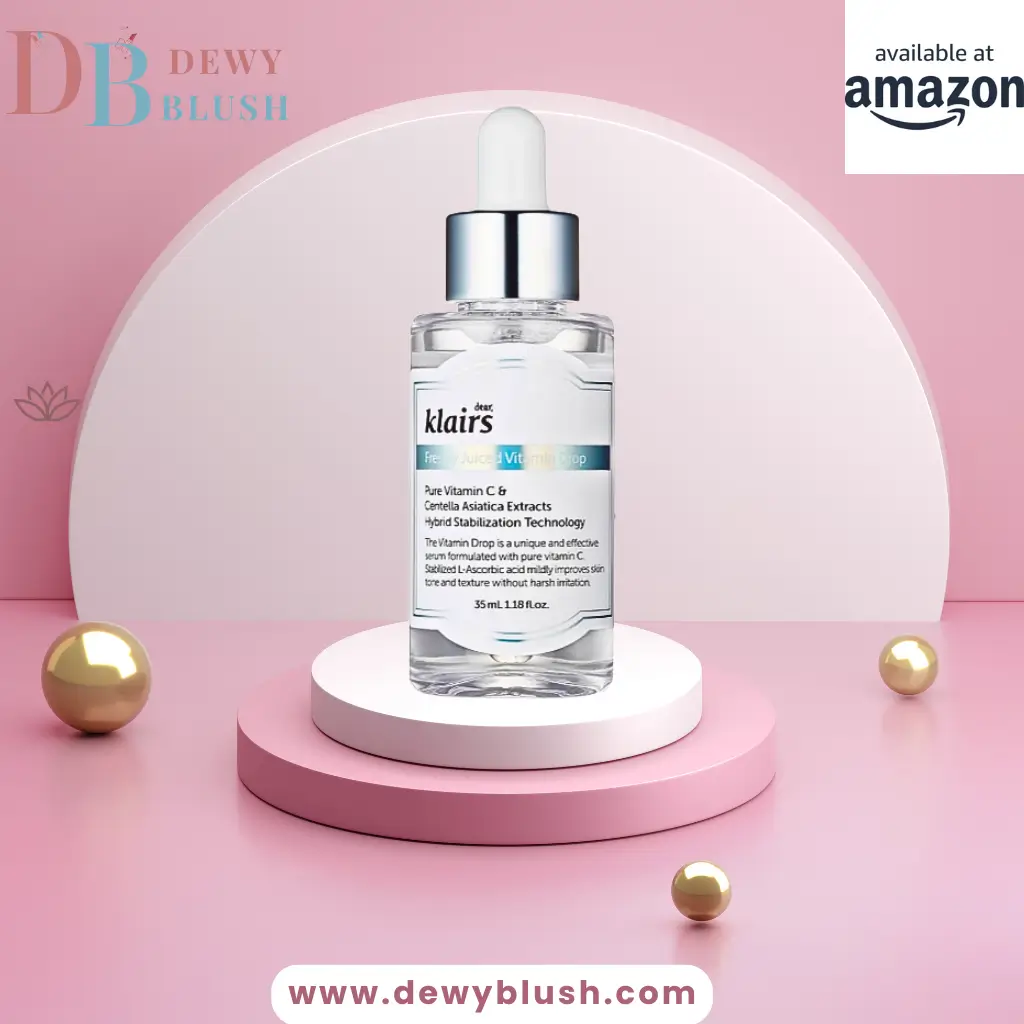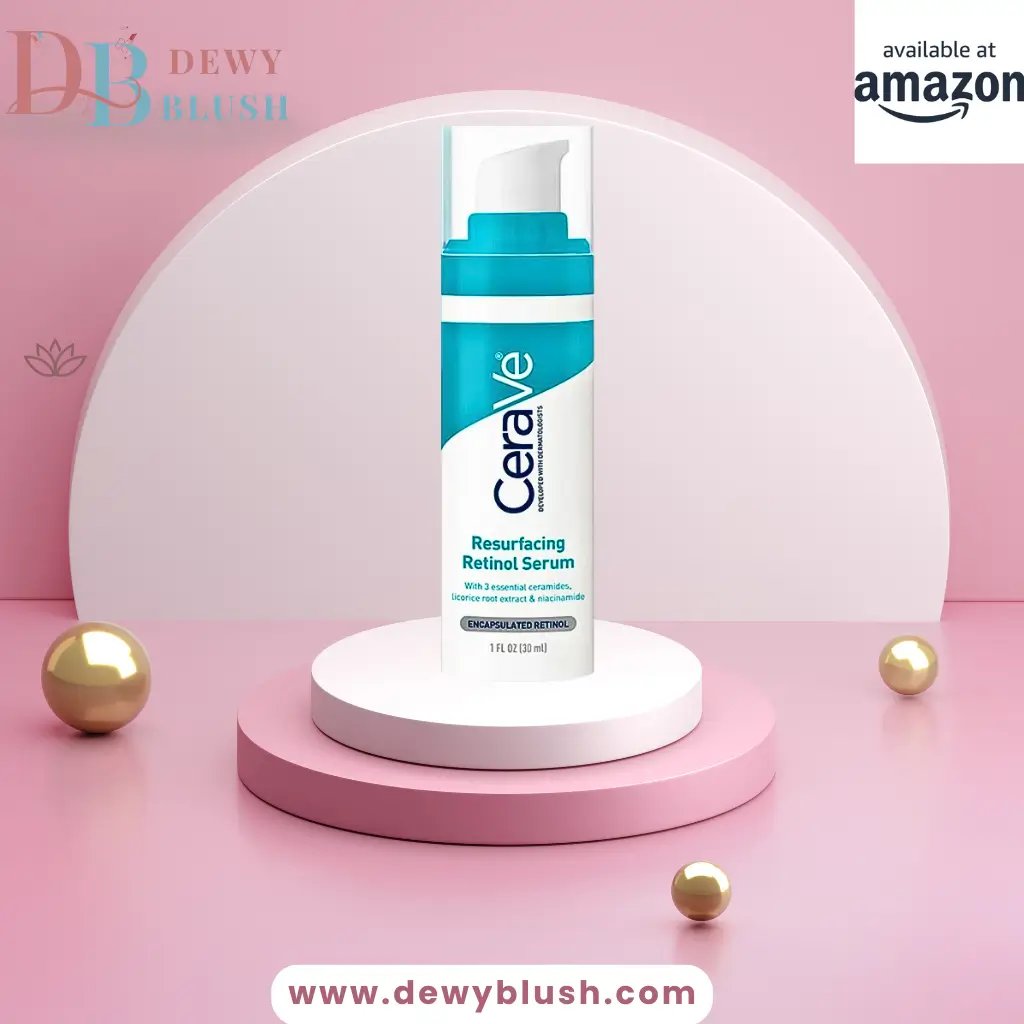Ultimate Guide To Facial Serums: Unlock Radiant Skin Now
Still have lackluster skin despite your arsenal of products? The missing link might be simpler than you think. Regular moisturizers cannot keep up, but with this ultimate guide to facial serums and concentrated formulas deliver targeted results. After years of trial and error, serums transformed my dull complexion into a glowing one.
These skincare powerhouses are easy to master. It is lightweight, absorbs quickly, and penetrates deeper into the skin than regular moisturizers. Regular use of serums can address specific skin concerns like fine lines, dark spots, and uneven texture.
What is the Ultimate Guide to Facial Serums?
The best way to think about facial serums is to think of them as your skin’s personal trainers. Water-based formulas penetrate deeper than traditional creams thanks to concentrated active ingredients. The molecules in serums can reach deeper into the skin than those in moisturizers.
Their potency makes them superior to most full-sized moisturizers. Faster, more visible results for specific skin concerns. Effortlessly target fine lines, wrinkles, and uneven skin tone. It’s ideal to layer serums under moisturizers and sunscreens.
Using of Facial Serum
When it comes to facial serums, knowing how to use them correctly can make all the difference to your results. In order to make this easy, here is a simple guide:
Morning routine
Evening routine
Top 5 Picks by Ultimate Guide to Facial Serums
This list of top serums was compiled after proper testing and research that are mentioned below. Dewy Blush hope that it will sounds good and healthy for your skin type.
Good Molecules Discoloration Serum
Getting rid of dark spots at an affordable price that works is now possible. Vitamin C, niacinamide, or hydroquinone are all ingredients that can help you achieve this. By reducing melanin production and promoting skin renewal, these ingredients fade dark spots. With regular use, along with sunscreen, dark spots can be significantly reduced.
Key Ingredients
COSRX Niacinamide Serum
An oil control product that won’t strip your skin of its natural oils. Your skin will feel hydrated and balanced when it helps regulate excess oil production. If you want to maintain a healthy complexion without causing dryness or irritation, this is a great choice.
Key Ingredients
DearKlairs Vitamin Serum
In this ultimate guide to facial serums, this one is ideal for those just starting out. This gentle vitamin C serum is perfect for skin brightening, dark spot reduction, and improving skin texture. As a result, it is the perfect choice for beginners seeking vitamin C in their skincare routines.
Key Ingredients
CeraVe Retinol Brightening Serum
A pharmacy-exclusive retinol with the same quality as high-end brands. The product delivers high-quality skin care at an affordable price. This product promotes skin renewal, reduces wrinkles, and improves texture.
Key Ingredients
Sunday Riley Vitamin C Brightening Serum
With this cream, you can combat sagging and loss of elasticity. Maintain youthful bounce and firmness with this. With powerful ingredients, this cream stimulates collagen production, improves skin texture, and reduces fine lines and wrinkles. Smooth, firm, and radiant skin by using it regularly.
Key Ingredients
Serum vs Moisturizer
|
Aspect |
Serum |
Moisturizer |
|---|---|---|
|
Purpose |
Targets specific skin concerns like fine lines, dark spots, acne, or dullness with concentrated active ingredients. |
Hydrates and locks in moisture to protect the skin barrier, preventing dryness and irritation. |
|
Texture |
Lightweight, watery, or gel-like; absorbs quickly into skin. |
Thicker, creamy, or lotion-like; sits on skin to form a protective layer. |
|
Ingredients |
High concentration of activities like vitamin C, retinol, hyaluronic acid, niacinamide, or peptides. |
Hydrating ingredients like glycerin, shea butter, ceramides, or oils; may include some actives but in lower concentrations. |
|
Application |
Applied after cleansing and toning, before moisturizer; a few drops patted into skin. |
Applied after serum (or directly after cleansing if no serum); massaged in to seal everythin |
|
Best For |
All skin types with specific concerns (e.g., oily skin with acne, dry skin with wrinkles, or uneven tone). |
All skin types; essential for dry or sensitive skin, but oily skin needs lightweight, non-comedogenic options. |
Choosing Your Perfect Serum
Finding the best could be difficult but with this ultimate guide to facial serums starts with identifying your skin’s biggest concern – not the trend everyone’s talking about.
Avoid These Common Mistakes
Final Thought
The ultimate guide to facial serums isn’t about the prettiest packaging or highest price tag – it’s about finding the formula that addresses your unique skin needs. Whether you’re battling dryness, fighting breakouts, or preventing aging, there’s a serum specifically designed for your concerns.
At Dewy Blush, we believe skincare should be simple, effective, and accessible. Start with one serum targeting your main concern, use it consistently, and be patient with the process. Ready to transform your complexion? Your glowing skin transformation begins with that first drop.












